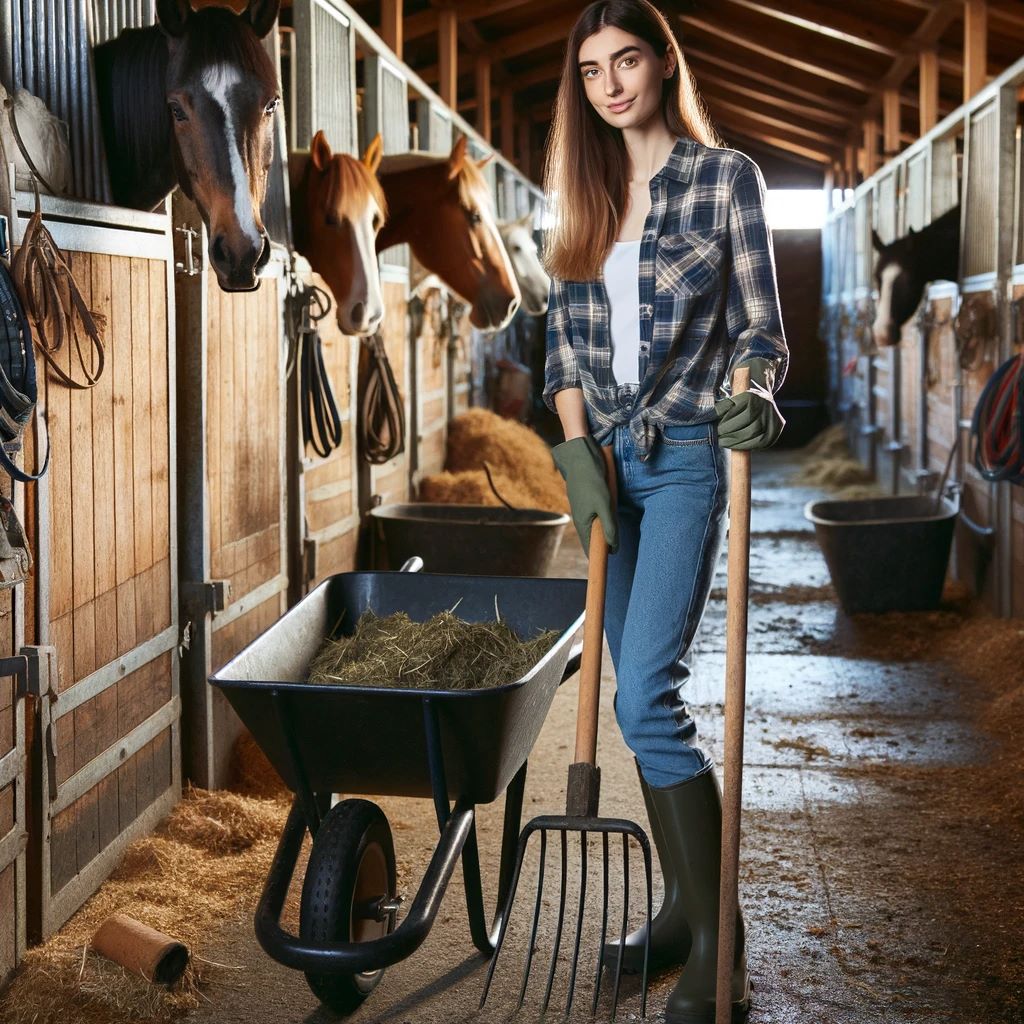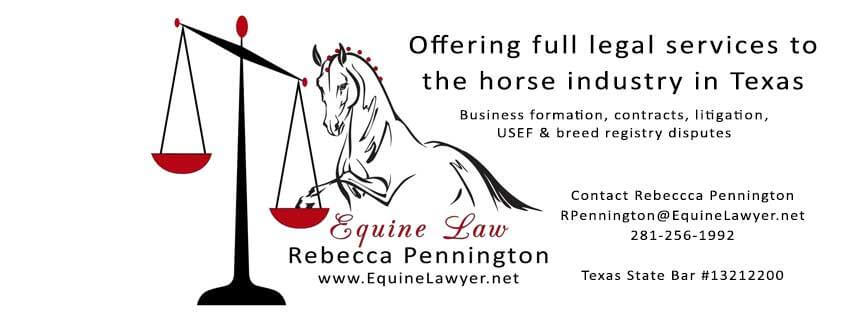If you run a farm, ranch or stable, it is vitally important that you know that laws at both state and federal levels require that workers be accurately classified by their employers. The legal duties you owe to your workers is affected by this classification. Typically, agricultural workers are categorized as either employees or independent contractors. This classification is significant for several reasons.

First, if you hire someone classified as an employee, you are legally bound to fulfill specific obligations. These obligations are governed by state and federal laws and include adherence to wage and hour regulations, anti-discrimination laws, workers’ compensation, safety standards, and unemployment insurance provisions. These legal duties do not extend to independent contractors.
Second, if you incorrectly categorize an employee as an independent contractor, it can lead to legal repercussions, including fines and penalties. Additionally, the extent of your liability for a worker’s actions is determined largely by the worker’s status as either an employee or an independent contractor. Read more about federal labor law requirements.
Defining an Employee
To determine whether a worker is an employee, various tests are used. These include the Economic Realities Test used by the Fair Labor Standards Act (FLSA), the Internal Revenue Service Standard test, and different state-specific tests. Despite variations, these tests commonly evaluate the degree of control an employer exercises over the worker’s job performance. Generally, if an employer significantly directs and controls a worker’s job schedule and the way in which he performs his duties, the worker is likely deemed an employee.
Most farm and stable workers are more likely to be classified as employees than independent contractors. This includes farm hands, grooms, and in-house trainers who work only for your facility. But it can also include volunteers, trainees, and working students under certain circumstances. For instance, a student intern at a farm could be considered an employee, especially if the farm is a for-profit entity and falls under the FLSA regulations. However, the specific facts and circumstances of each situation play a crucial role in this determination.
If a worker is classified as an employee, you, as the employer, are obligated to comply with various labor and employment laws, including minimum wage, overtime pay, and tax withholdings. You may also be subject to vicarious liability for the actions of your employees if those actions occur while employed by you.
Defining an Independent Contractor
Some agricultural workers could be classified as independent contractors. In this case, the legal responsibilities owed to them by you would be very different. The same control-focused tests are used for determining independent contractor status. In contrast to employees, independent contractors typically work autonomously, providing their own supplies and having the right to control how they do their work. They likely own their own business (no matter how informally) and do the same or similar work for more than one farm/ranch/stable.
Examples would include someone you hire to build or repair a fence, mow the pastures, trim your horse’s hooves, etc. These workers are hired for a specific task and likely do such work for many other facilities, and you do not dictate to them how and when the work is to be performed. They bring their own tools and equipment, do the job, get paid and leave. A trainer who works out of other facilities in addition to yours would also likely be classified as an independent contractor, but if that trainer works only for you and you set the schedule and control when and how and who they teach, they might well be classified as an employee instead.

You should be aware that merely having a contract calling a worker an independent contractor is not sufficient to establish this status; the overall level of employer control remains the decisive factor.
You would not be responsible for tax withholdings for independent contractors, who must handle their own tax obligations. And you would not usually be vicariously liable for the actions of independent contractors, except in cases of negligent hiring or when the contractor is engaged in inherently dangerous activities.
Penalties for Misclassification

You could face significant legal penalties for misclassifying your workers. Workers may sue for unpaid wages, and you might incur additional taxes, fines, and possibly criminal charges. Agencies like the Department of Labor and the Internal Revenue Service impose severe penalties for misclassification, especially in cases of intentional or fraudulent behavior.
The National Labor Relations Board enforces employee protections, and while misclassification alone has not consistently been deemed a violation of the National Labor Relations Act, some states have treated misclassification as a breach of labor laws. Read more about how Texas handles such misclassification.
Conclusion
In summary, it is essential that you correctly identify whether a worker is an employee or an independent contractor because your legal obligations and liabilities are affected. Failure to accurately classify workers can lead to legal challenges and financial penalties.
Rebecca Pennington has been a trial lawyer in Houston for over 35 years and for 3 years was the Director of the Trial Advocacy Institute at the University of Houston Law Center. She is also a long time horse breeder and owner of Sonesta Farms in Cypress, Texas. Today she primarily practices equine law and hosts an equine law web site at www.EquineLawyer.net .
